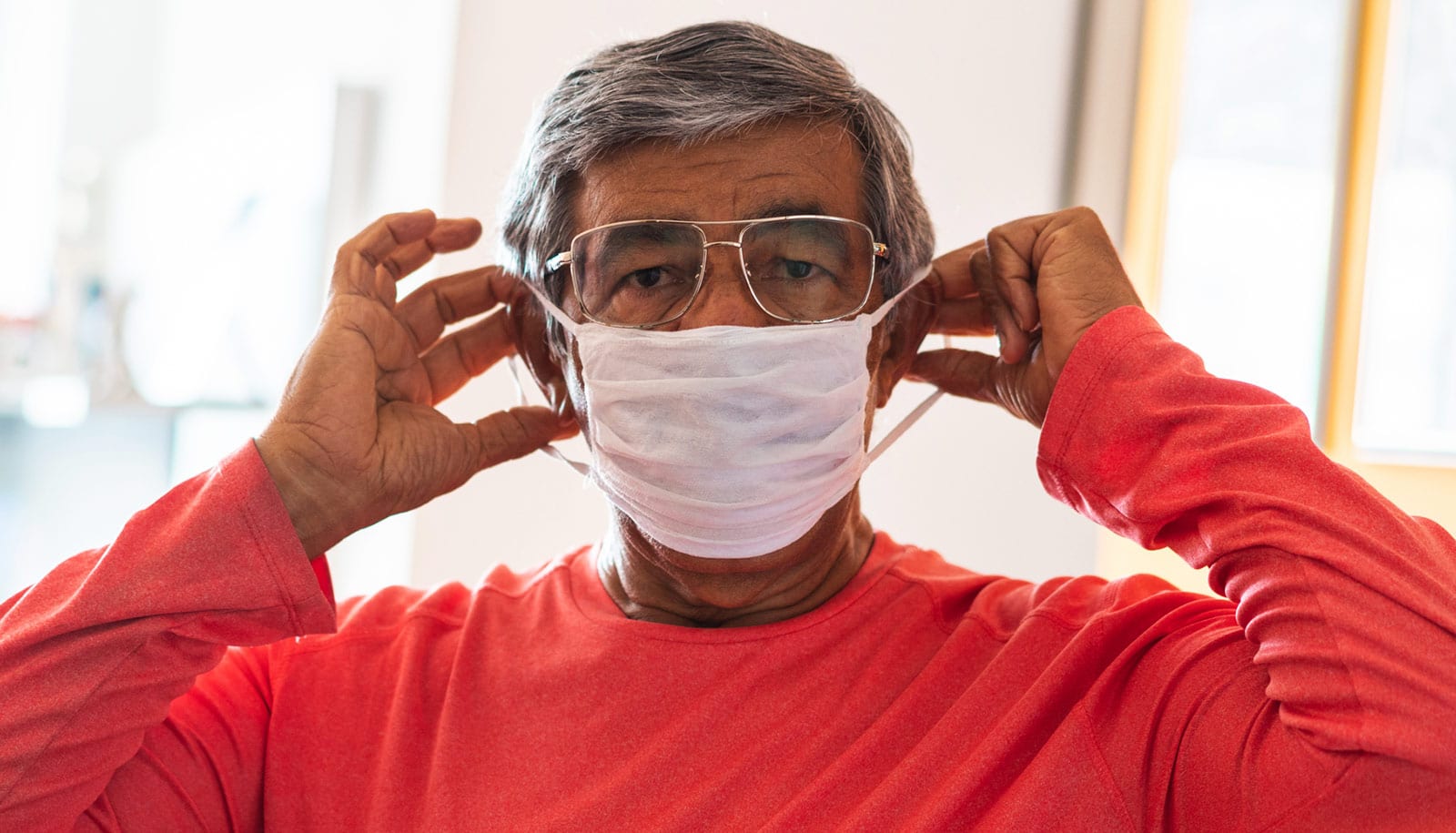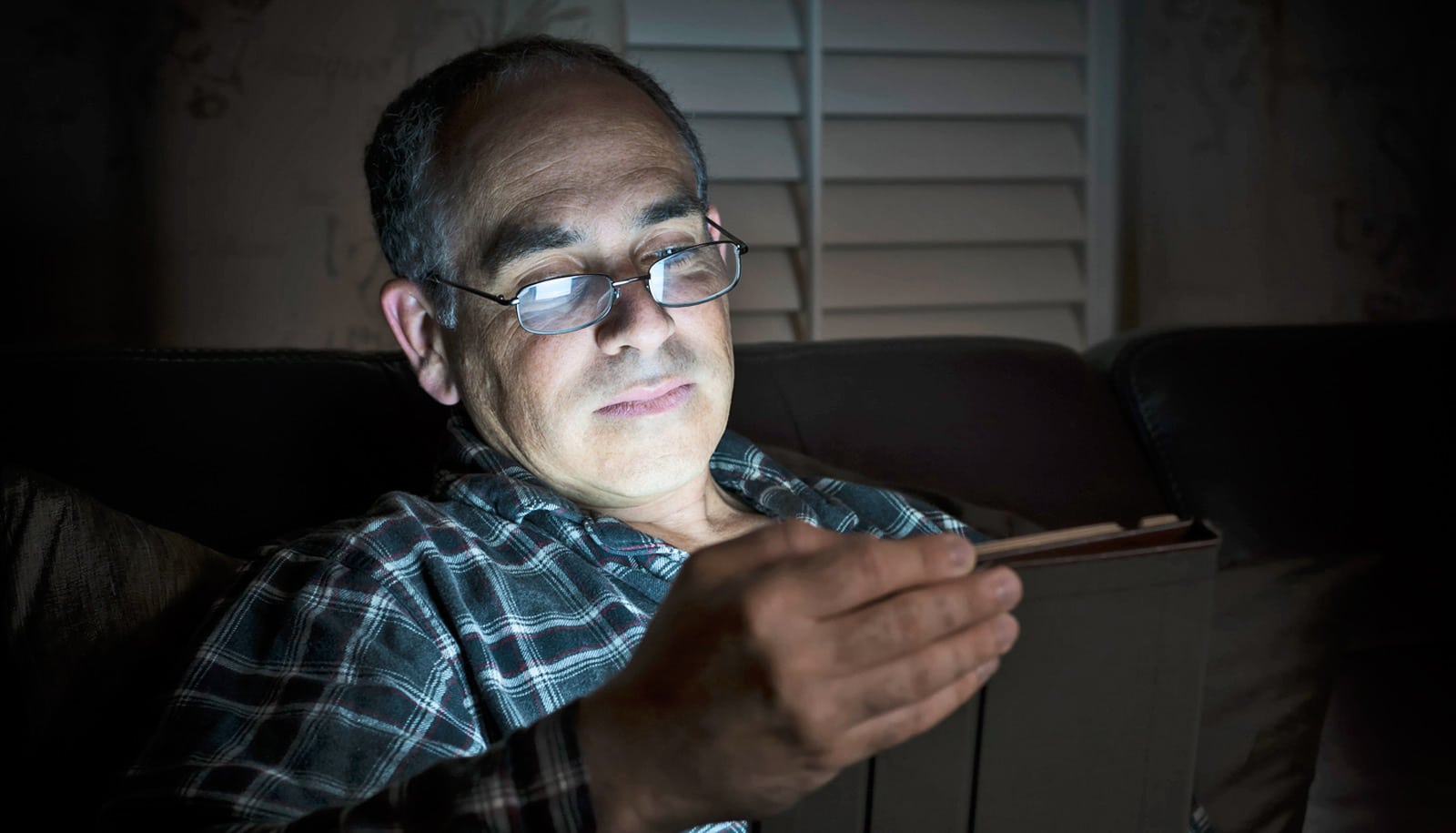One in six people in treatment for advanced prostate cancer has a reduced sense of smell and taste, report researchers. It could be an anxiety-provoking symptom in the time of COVID-19.
The study in the journal Supportive Care in Cancer says a reduced sense of smell and taste among some prostate cancer patients is largely associated with poor appetite and weight loss.
Although the data collection for the study predated the COVID-19 pandemic, the results pose important implications for cancer patients undergoing hormone therapy, chemotherapy, and/or bone antiresorptive during the coronavirus crisis.
“We wanted to make sure the article mentioned the significance of advanced prostate cancer patients experiencing losses in taste/smell as a side effect of their cancer treatment during the pandemic,” says coauthor Laura Perry, a doctoral student in psychology at Tulane University. “Since it is a commonly known symptom of COVID-19, the experience may be appraised by patients as especially stressful at this time.”
Perry says most symptom assessments in cancer patients do not ask patients about their senses of taste or smell. “Our findings suggest these could be a valuable addition to routine assessments in prostate cancer,” she says.
The study surveyed 75 men with advanced prostate cancer, asking them about their appetite, nausea while eating, and the taste and smell of food over a 15-month period. Of the patients questioned, 17% experienced poor taste of food and 8% poor sense of smell. Participants were more likely to experience reduced sense of taste if they were taking the drugs denosumab or docetaxel, and they were more likely to experience weight loss if experiencing poor taste of food or poor appetite. Nausea was associated with an increased likelihood of experiencing poor taste and smell.
The study incorporated demographics, treatments, and weight data from electronic health records.
Participants of the study were from the greater New Orleans area, where food and eating are central to the city’s culture. If cancer patients can no longer enjoy the pleasure associated with food, that, too, can affect them emotionally, researchers say.
“For advanced cancer patients, losing their sense of taste and smell can have profound impacts on their emotional wellbeing and ability to engage with others socially,” Perry says.
Lead author Sarah Alonzi, a lab manager in the psychology department, agrees. “I hope that communicating these findings improve patients’ awareness that treatment-related reduction in taste and smell can occur, providing some reassurance for those experiencing these symptoms,” she says.
Based on the findings of this study, the authors suggest that clinicians should regularly query patients for changes in sense of taste and smell, especially patients who are experiencing weight loss. During the pandemic, they say, it is especially important that clinicians make patients aware of the potential for treatment-related reduction in taste and smell to reduce COVID-19 anxiety.
Additional investigators contributed from Tulane, the Keck School of Medicine of the University of Southern California, and Tufts University School of Medicine.
Source: Tulane University


